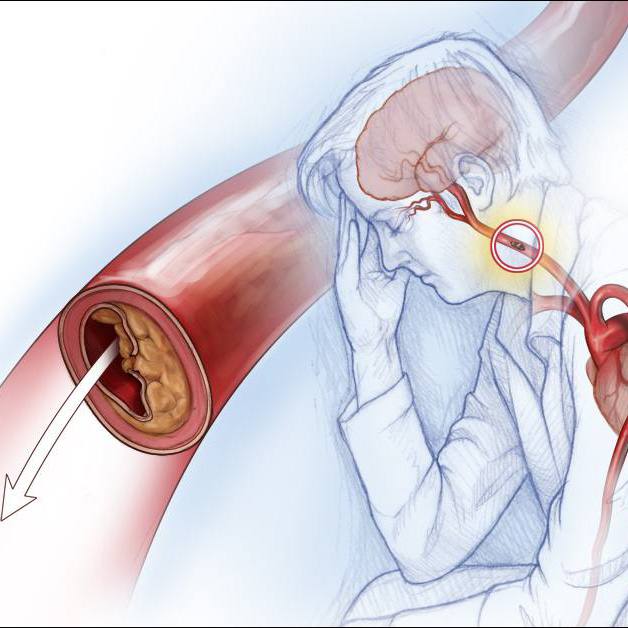-
Mayo Clinic Minute: Avoid summer E. coli infection with proper burger cooking
The summer cookout brings with it the risk of sickness from bacteria that can end up spoiling more than one meal. Cook hamburgers incorrectly, and you could end up with a case of E. coli.
"E. coli stands for Escherichia coli, which is a type of bacteria," says Dr. Nipunie Rajapakse, a Mayo Clinic infectious diseases specialist. "Most commonly, we hear about it in raw or undercooked hamburger meat."
Journalists: Broadcast-quality video (1:00) is in the downloads at the end of this post. Please courtesy: "Mayo Clinic News Network." Read the script.
Dr. Rajapakse says E. coli bacteria can create some stomach-turning symptoms, such as abdominal pain and nausea. But it can get worse.
"There's a specific type of E. coli.," says Dr. Rajapakse. "It's called O157:H7, which can cause bloody diarrhea and has been associated with a condition that can cause kidney damage, especially in young children."
The elderly are also at higher risk for problems with E. coli, as are pregnant women, people with underlying digestive problems and those with weakened immune systems.
"If somebody were to be exposed to E. coli in something they ate or drank, they may have symptom onset within a couple of days to a few weeks after infection or exposure," explains Dr. Rajapakse.
She says the best way to avoid a bout with the bacteria is to wash your hands and thoroughly cook your hamburgers.
For the safety of its patients, staff and visitors, Mayo Clinic has strict masking policies in place. Anyone shown without a mask was either recorded prior to COVID-19 or recorded in a nonpatient care area where social distancing and other safety protocols were followed.
Related Articles







